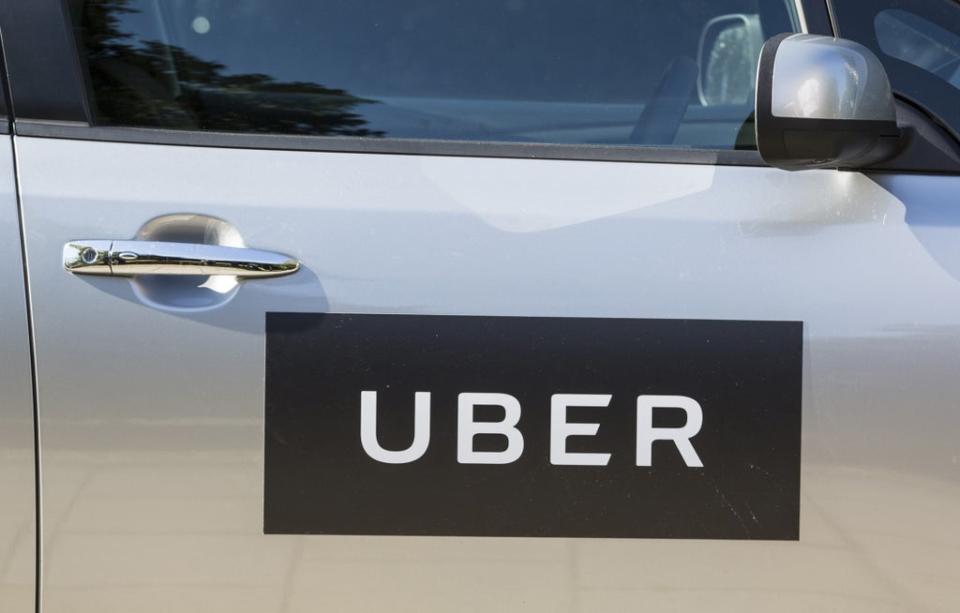Petrol crisis: Uber says surging demand - not fuel crisis - behind longer wait times in London

Uber says its service is not suffering as a result of the ongoing petrol crisis in the UK, despite complaints from some customers that they are finding it harder to get a ride.
The ride hailing company said the same number of cars are on the road in London despite widespread petrol shortages as a result of panic buying.
“There has been no direct impact on the service,” an Uber spokesperson said. “We are however monitoring the situation closely and continue to speak with drivers who hope it is resolved quickly.”
The statement came despite anecdotal evidence suggesting some users were finding it harder to get an Uber in the capital. The company said it was struggling with a surge in demand. Uber claims to have the same number of drivers as it did prior to the pandemic but said demand is up to 40% higher in some cities. The company is seeking to recruit up to 20,000 new drivers in the UK.
Recent reports suggest some drivers also quit Uber and ride hailing during the pandemic. A survey of 1,200 drivers found 49% switched jobs during the pandemic, according to Bloomberg.
Uber said 65% of its cars still arrive within 5 minutes and 90% get there in 10 minutes of less.
Concern about ride hail wait times has come to the forefront amid a national shortage of petrol after panic buying across the country. Panic buying began after reports that a lack of truck drivers meant some forecourts were running low on fuel. The army could be called in to help deliver fuel to forecourts amid the crisis.
“Panic buying only results in less fuel being available for those that need it: a similar pattern to the one we observed at the start of the pandemic with toilet paper,” said Dr Florian Lucker, Senior Lecturer in Supply Chain Management at Bayes Business School.
Read More
The petrol crisis is a headache that Uber could do without
Cab drivers call for essential user only petrol stations amid crisis
From Bolt to Ola: the next-generation taxi apps to know

 Yahoo Finance
Yahoo Finance 